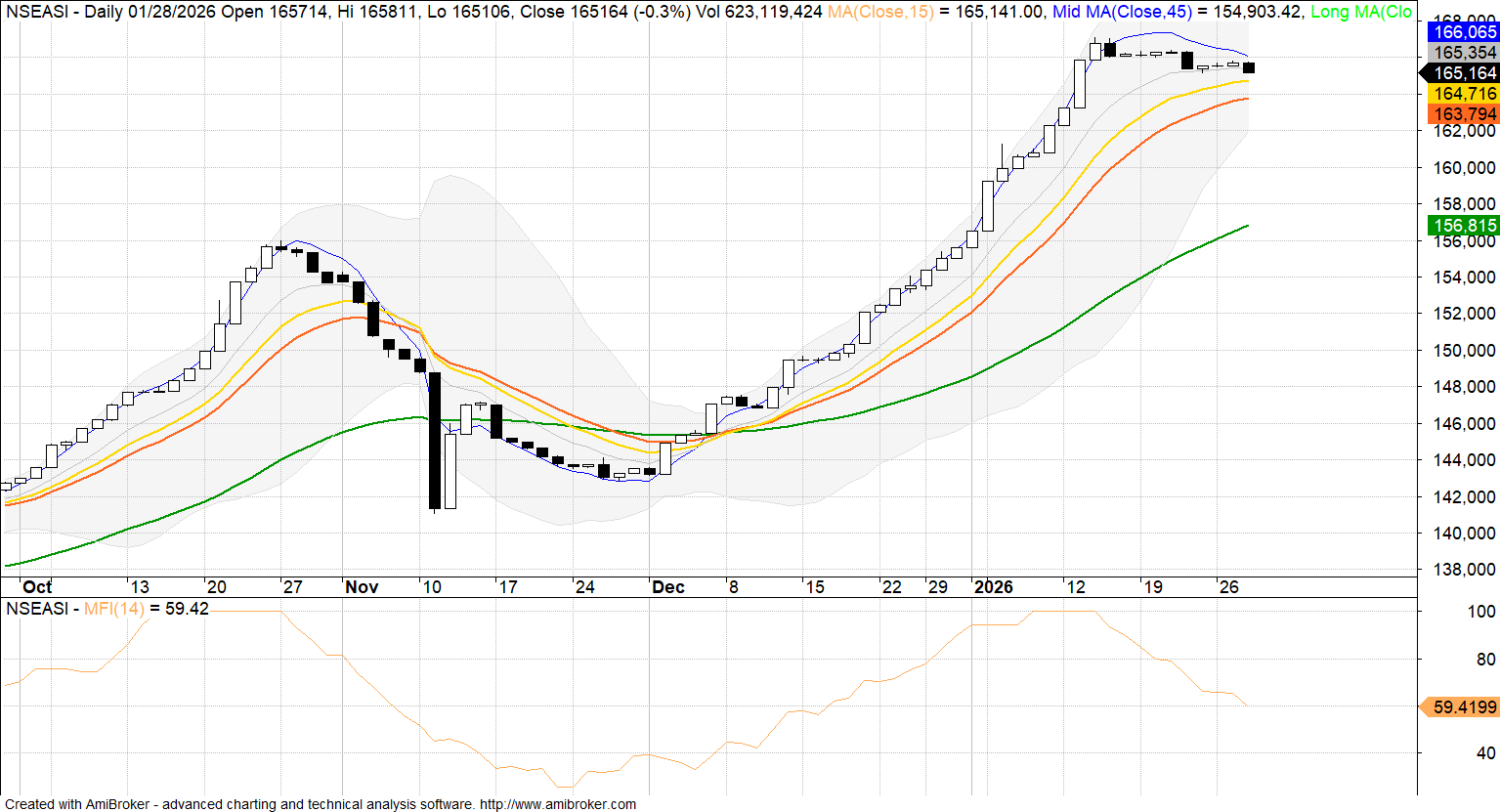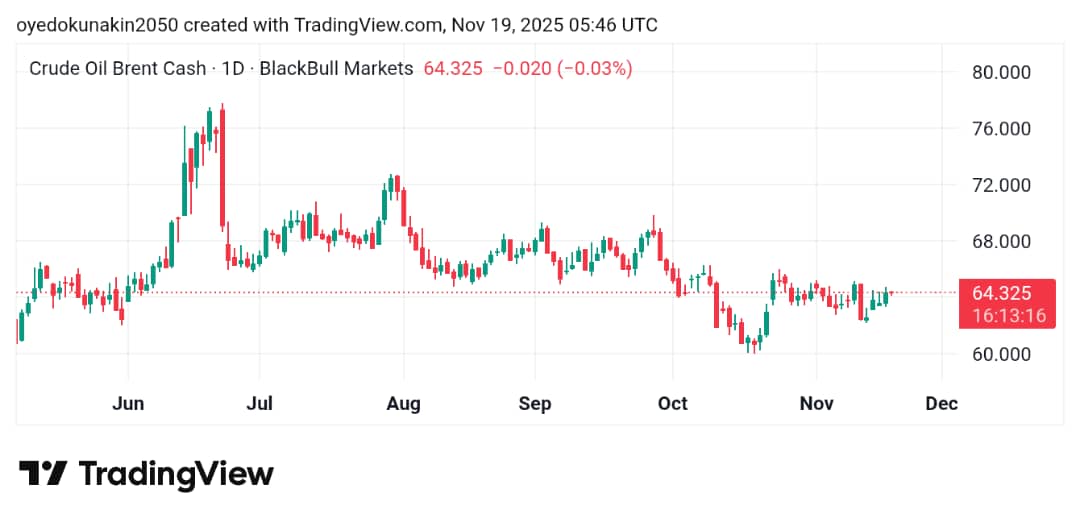
Akintunde Oyedokun
Research Analyst
Oil prices dipped marginally on Monday—Brent at $69.21 and WTI at $67.20—as markets shrugged off the EU’s latest sanctions on Russian oil, viewing them as unlikely to disrupt supply. However, diesel supply fears offered some support, with gasoil premiums to Brent hitting $26.31, the highest since February. Analysts say while crude flows can be redirected, diesel shortages are harder to manage. Meanwhile, Iran plans to resume nuclear talks with European nations amid warnings of renewed sanctions.
China Leaves Lending Rates Unchanged As Q2 Data Beats Expectations
China held its one-year and five-year loan prime rates steady at 3.0% and 3.5% respectively, following slightly better-than-expected second-quarter economic growth. The data signals enough resilience to delay immediate stimulus, even as weak domestic demand and persistent deflation remain concerns.
Analysts believe further monetary easing is likely later this year, especially with China’s GDP deflator negative for nine straight quarters. Focus now shifts to the upcoming Politburo meeting, which is expected to shape economic policy for the rest of 2025.
Japan’s Ruling Coalition Loses Upper House Grip, Stirring Policy Uncertainty
Japan’s ruling coalition lost control of the upper house in Sunday’s election, weakening Prime Minister Shigeru Ishiba’s position and raising fears of political deadlock. While Ishiba vows to stay, markets brace for fiscal slippage and possible policy compromises, especially on tax and monetary policy.
With a U.S. tariff deadline looming and speculation over new alliances—possibly with the DPP pushing for more stimulus—investors face growing uncertainty. The election result, though expected, adds pressure on the yen, bonds, and broader market sentiment.
Morocco Explores Central Bank Digital Currency for Cross-Border Payments
Morocco’s central bank is exploring the launch of a central bank digital currency (CBDC) for peer-to-peer and cross-border payments, according to Governor Abdellatif Jouahri. Despite a 2017 ban on cryptocurrencies, underground usage remains widespread. The bank is collaborating with the IMF, World Bank, and Egypt’s central bank to assess the potential impact of a CBDC on the payment system. Meanwhile, a draft law on crypto assets is under review by the finance ministry ahead of the adoption process.
Nigeria’s Economy Grows 3.13% After GDP Rebasing, Misses Target
Nigeria’s economy grew 3.13% year-on-year in Q1 2025, following a GDP rebasing that updated the base year from 2010 to 2019 and included emerging sectors like e-commerce and tourism. The revised GDP now stands at ₦372.8 trillion ($243.7 billion). Growth was driven by the services sector, contributing over 57%, while oil output rose slightly to 1.6 million bpd. Despite the revision, growth fell short of the 4.9% forecast. Economic reforms under President Tinubu, including naira devaluation and subsidy removal, have yet to deliver faster growth and have deepened a cost-of-living crisis.












